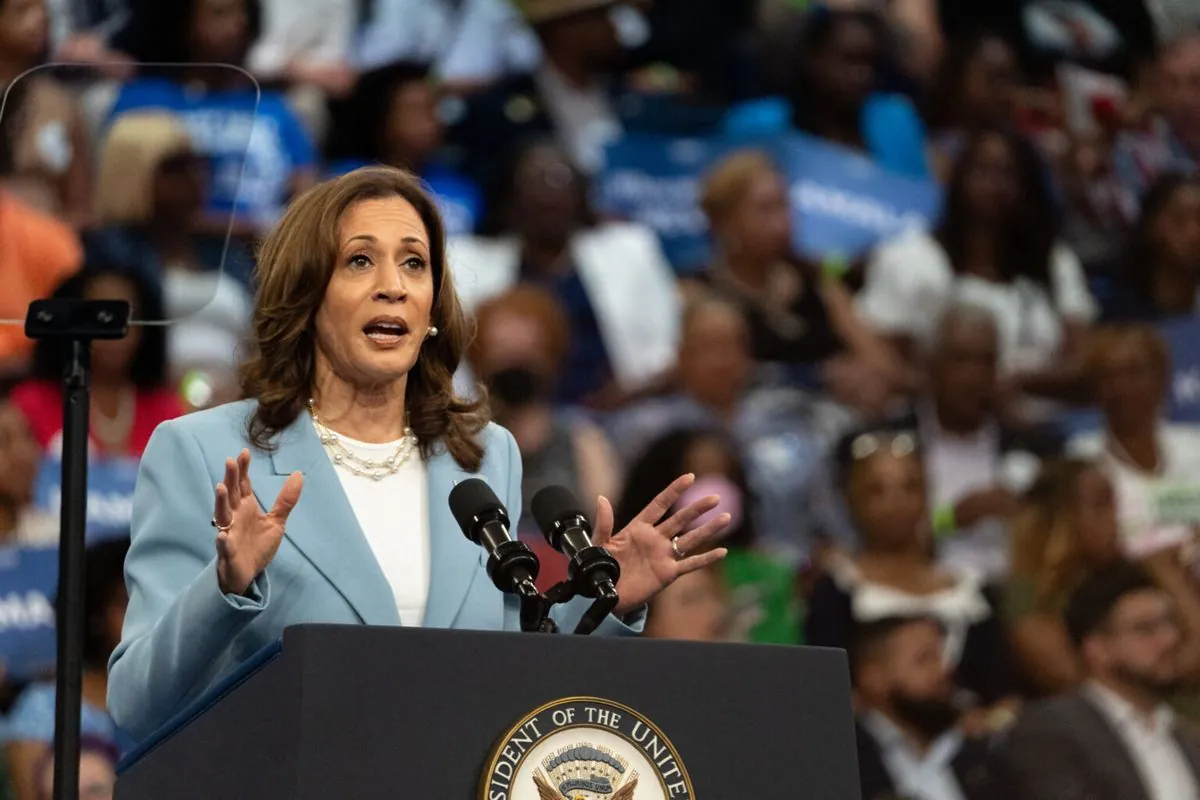In a strategic move to bolster her 2024 presidential campaign, Vice President Kamala Harris has chosen Minnesota Governor Tim Walz as her running mate. This decision comes as the Democratic Party seeks to energize its progressive base in crucial Midwestern battleground states ahead of the November election.
Walz, a 60-year-old second-term governor, brings a diverse background to the ticket. Before entering politics, he worked as a high school teacher and served for 24 years in the U.S. Army National Guard, attaining the rank of command sergeant major. His political career includes 12 years in Congress, where he served on the House Armed Services Committee.
The Harris-Walz ticket presents a stark contrast to the Republican nominees, former President Donald Trump and Ohio Senator J.D. Vance. While the Democratic duo is expected to continue the Biden administration's policy of supporting Ukraine, their opponents have expressed skepticism towards U.S. alliance systems and aid to Ukraine.
Walz has taken moderate stances on key foreign policy issues. He supports Israel but has criticized its handling of the Gaza conflict, calling for a ceasefire in March 2024. His experience includes a 2009 visit to Syria, where he met with President Bashar al-Assad as part of a congressional delegation attempting to stem the flow of arms to militant groups in Iraq.
"This man [Assad] is a monster and the situation is horrific, but that is not compelling enough to come up with a plan that is not well thought out and in the best interest of this nation."
The selection of Walz comes after Harris faced pressure from progressive groups regarding potential running mates. Some campaigned against Pennsylvania Governor Josh Shapiro due to his support for Israel, highlighting the delicate balance the Democratic ticket must strike on Middle East policy.
As the campaign gains momentum, several senior Biden administration officials have joined Harris's team. Notable additions include Brian Nelson, former Treasury undersecretary for terrorism and financial intelligence, and Elizabeth Allen, who is expected to become Walz's chief of staff.
With less than 100 days until Election Day, the Harris-Walz ticket faces the challenge of expanding their national visibility and articulating their vision for America's role in the world. As the 60th quadrennial presidential election approaches, voters will weigh the contrasting foreign policy approaches of the two tickets, alongside domestic issues, in what promises to be a closely watched and potentially tight race.
